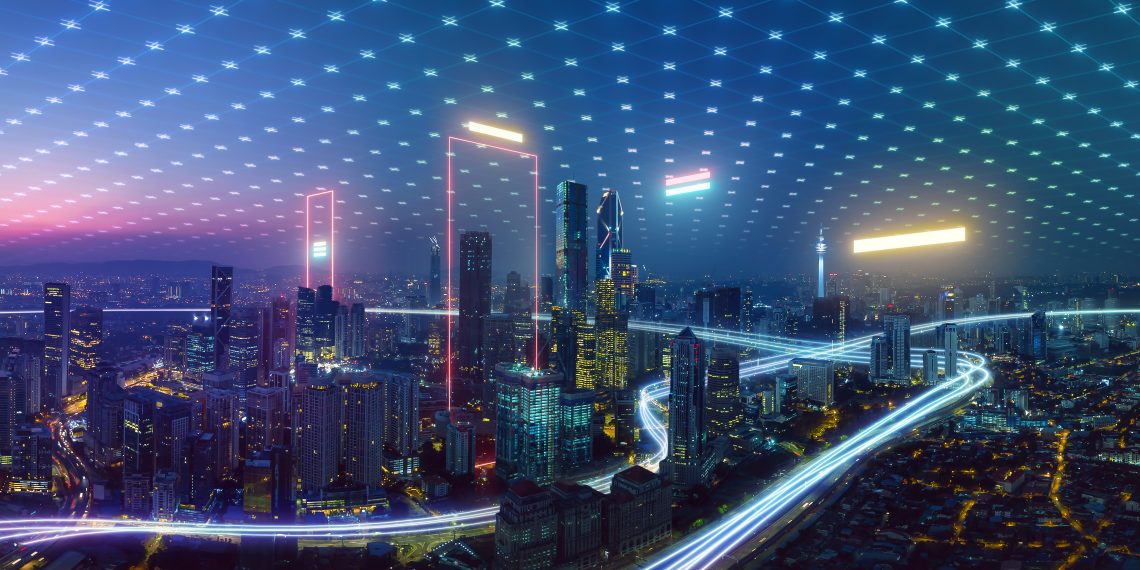According to a recent study, the allure of smart, interconnected urban environments could significantly enhance the contentment of their residents. A Mastercard assessment brings to light the synergies between human aspirations and the forward march of technology in shaping the metropolises of tomorrow in the Middle East. By the midpoint of the century, urban dwellers are expected to constitute two-thirds of the global population, prompting a shift towards creating urban spaces that are safe, sustainable, and welcoming to all.
As revealed by the Mastercard Cities of the Future Report, the sentiment in Saudi Arabia is overwhelmingly positive, with 75 percent of participants associating smart city living with increased happiness.
“With concerted efforts in infrastructure enhancement, investments, and partnerships, Saudi Arabia is on course to realize Vision 2030, aspiring to elevate three of its cities into the top 100 worldwide. At Mastercard, we take pride in our dual roles as a strategic consultant and hands-on partner in molding future-ready cities. Collaborating with various stakeholders, we lend our proficiency in revolutionary technologies and digital transitions, ensuring cities flourish sustainably,” stated Adam Jones, a regional leader at Mastercard.
For Saudis, the most coveted innovations are smart buildings and homes, along with advanced travel services, each claiming a 60 percent preference rate. Overall, technological progress tends to inspire optimism rather than concern, with artificial intelligence and machine learning crowned as the leading technologies for upcoming urban landscapes. However, apprehensions loom over potential job losses and the erosion of traditional cultural ties.
Transitioning to clean and renewable energy solutions stands out as a prime expectation in Saudi Arabia and the broader region. With 85 percent of Saudis viewing their cities as either ‘maturing’ or ‘mature enough’, the adoption of digital technologies has improved the efficiency of living spaces, workplaces, and payment systems. Digital access to services like utilities, licensing, banking, and transportation is highly valued, along with the convenience of a comprehensive digital platform (a ‘super-app’) to integrate all city services and information.
One such example is the super-app under development for King Abdullah Financial District, which aims to provide a tailored user experience, from pre-booking parking spaces to navigating the district and engaging with its loyalty program.
Mastercard’s partnership extends to various sectors, including a collaboration with Saudi Payments, under the Saudi Arabian Monetary Authority’s supervision, to introduce ‘sarie’—an instant payment system that streamlines banking operations. Further alliances with Fintech Saudi spur fintech innovation, while efforts with Saudi-based SiFi bolster small businesses and entrepreneurial ventures.


